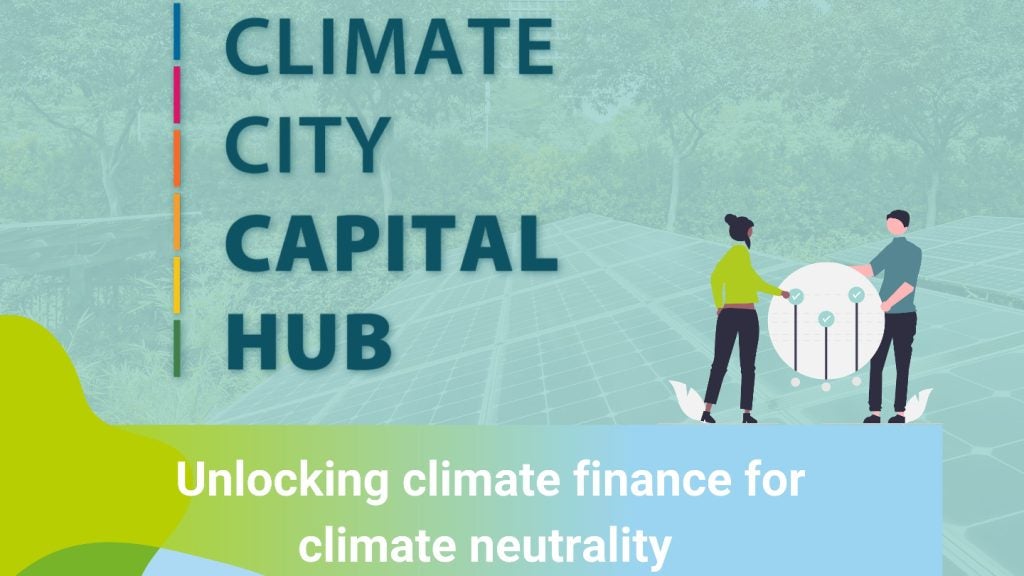
In the changing global foreign direct investment (FDI) landscape, special economic zones (SEZs) provide a business-friendly environment with a sound legal and regulatory framework and an embodiment of sustainability and resilience towards global disruptions such as the Covid-19 pandemic.
During the pandemic, SEZs have offered companies increased supply chain resilience by overcoming regulatory issues such as vaccine development, production and distribution. SEZs are also used as an important instrument to test new policies, offering companies more agility in response to Covid-19. Best practice SEZs have focused on supporting and retaining existing resident companies, creating a safe and business-enabling environment, and meeting new requirements such as cold chain logistics facilities and digitalisation.
How SEZs can help to tackle Covid and climate issues
Covid-19 and the climate crisis have highlighted the need for more sustainable and diverse economies. In addition, SEZs are becoming increasingly popular, especially in developing countries, as a key instrument to promote trade and investment, develop new sectors and clusters, bring stronger integration into global value chains, and empower women, particularly those running small and medium-sized enterprises (SMEs).
As Albert Einstein said: “No problem can be solved from the same level of consciousness that created it.” The new industrial revolution, shaping the ‘next normal’, will be built on a foundation of sustainability, digitalisation, public-private collaboration and regional integration that transcends national borders.
In these unprecedented times, companies and business leaders are calling for a return to stakeholder capitalism, in contrast to Nobel Prize-winning economist Milton Friedman, who said in the 1970s that the only social responsibility of a business is “to use its resources and engage in activities designed to increase its profits, so long as it stays within the rules of the game, which is to say, engages in open and free competition without deception or fraud”.
Polishing the SEZ diamond
A ‘next normal’ model economic zone is like a cut and polished diamond, with each stakeholder represented as a facet, demonstrating strength, transparency and resilience in public-private partnerships. Evolved from traditionally providing only tax and foreign ownership benefits to investors, the new ‘sustainable’ SEZ model offers physical and digital infrastructure and services supporting companies’ requirements.
How well do you really know your competitors?
Access the most comprehensive Company Profiles on the market, powered by GlobalData. Save hours of research. Gain competitive edge.

Thank you!
Your download email will arrive shortly
Not ready to buy yet? Download a free sample
We are confident about the unique quality of our Company Profiles. However, we want you to make the most beneficial decision for your business, so we offer a free sample that you can download by submitting the below form
By GlobalDataAttracting investment remains a priority for SEZs. Capital market trends and instruments designed to promote the integration of sustainability into business and investment practices are transitioning from niche to mainstream. A growing number of investors are integrating environmental, social and corporate governance factors into their investment decision-making to enhance performance and mitigate risk. The positive track record of sustainability-themed products is reinforcing the views of asset managers and securities regulators that such factors are important to long-term investment performance. As these sustainable investment trends take root and expand, they can have a stronger influence on the operational policies and practices of multinational enterprises.
Sustainability is increasingly a driver for FDI and provides greater access to funding. Sustainable funds outperformed traditional peer funds and reduced investment risk during the Covid-hit 2020, according to the Morgan Stanley Institute for Sustainable Investing.
Sustainable SEZs and SDGs
The sustainable SEZ is called an ‘SDG [sustainable development goal] model zone’ by the UN Conference on Trade and Development and a ‘free zone of the future’ by the World Free Zones Organisation (WFZO). The rapidly emerging sustainable SEZs are aligned with the UN’s SDGs. In developing countries, an estimated 40% of trade in goods is conducted through SEZs, employing more than 70 million people, putting them at the nexus of trade and investment policies and sustainable economic development. The WFZO’s free zone of the future programme includes the Izdihar Index, and is a global initiative for local prosperity.
SEZs foster nearshoring, reshoring and regional integration, boosting sustainable economic recovery. About 80% of SEZ resident companies are SMEs that have strong links with their host location. Multilateral organisations such as the UN Industrial Development Organisation and the International Labour Organisation run capacity-building and productivity enhancement programmes in collaboration with SEZs in the least-developed countries, empowering SMEs, women and local communities.
Diamonds, although extremely tough and beautiful, are created by impact, and these are qualities we seek to offer to investors in our SEZ homes. The ‘sustainable’ SEZ will be one of the key players when it comes to building sustainable global value chains in the ‘next normal’.






Related Company Profiles
AFP Inc
Getty Images Inc